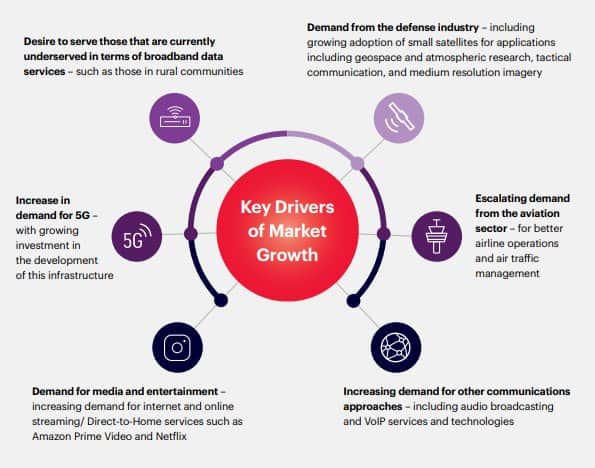The Defying Gravity survey reveals that three in four space technology decision-makers consider software test automation as one of the top technical challenges impacting the satellite industry.

“The satellite industry is undergoing a major transformation, driven by accelerating technology development in the commercial space sector and is now turning out new designs with vastly reduced cycle times,” said Greg Patschke, general manager of Keysight’s aerospace/defense and government solutions group. “The need for high fidelity simulation and emulation as well as testing expertise, has never been greater to ensure successful mission and business outcomes.”
The Coleman Parkes Research survey, conducted on behalf of Keysight, found that 76% of industry professionals see software test automation as the top challenge, followed by 53% for system-level modelling and simulation, and 46% for design validation.
These findings highlight the need for advanced automation and emulation tools that can accelerate design and engineering processes. This is reflected in the top industry trends identified by respondents, with 43% citing shortened product development times as the leading trend, followed by 37% for advanced payload systems, and 34% for artificial intelligence.

Other findings
Satellites driving industry trends – When looking at the top ten industry trends for the next three years, respondents mentioned satellites most frequently. The top trend identified was small satellites in geosynchronous earth orbit (GEO), followed by very high throughput satellites, cybersecurity, in-orbit services, and large constellations in low earth orbit (LEO).
Data gathering and communications top impacts – When identifying the applications that will impact the industry the most, respondents most frequently cited data gathering, research, and communications. The top application cited was big data gathering and analytics, followed by uses including earth observation, global positioning/time services, science/research, and internet/voice/broadcast services.
Costs and supply chain greatest risks – When asked to assess the greatest risks to their projects, respondents reported that costs and supply chain were their primary concerns. The top risk cited was unpredictability in costs, followed by part/subsystem supply, technical scope, and program funding.



